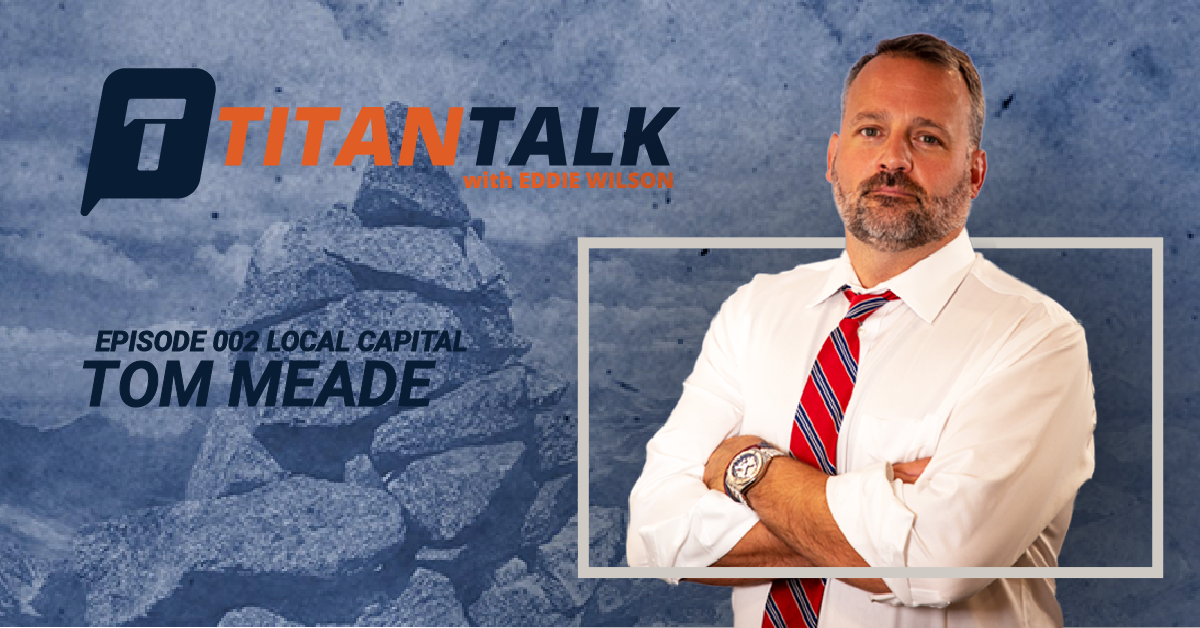The bottom line is all lenders—conventional and private—must decide the boundaries they are willing to work within.
Everyone has heard stories about a loan that went bad at the final hour. A familiar one centers on the buyer getting excited about a new home and going out and financing expensive new furniture, killing their debt-to-income ratio. Another involves the real estate investor who has worked hard to build a portfolio and decides to finance a brand-new luxury vehicle right before a closing, only to end up with the exact same situation: Their DTI ratio is blown out of the water, and they are unable to close.
My 24 years of experience is in the conventional lending space. I’ve seen many deals take a negative turn. Many of them would stand out as “I-never-want-to-deal-with-again” or “willing to work with as long as there is an understanding—and respect those boundaries.”
Here are some actual situations I encountered as a conventional lender that finally made me get honest with myself and decide to work only with real estate investors.
Bearing Unexpected Bad News
The first of the worst things I’ve experienced was surprising a person with very bad news they didn’t see coming.
At the end of every transaction, we are required to verify employment to ensure the borrower still has gainful employment. As part of the verification, we directly ask the employer whether the borrower is still employed in the same role they started with. On extremely rare occasions, we have been told the borrower was being let go, but our borrower had not been told yet. In those situations, we have been forced to decline the loan and explain why. Imagine having to hear that you were losing your job from your lender rather than your employer—and on the day you are intending to close on the purchase of real estate.
Nothing “Personal”
Early in my career I was told you must be present for anything and everything—to always pick up your phone, and take every appointment for anybody and everybody to build your business.
Taking this advice to heart, I accepted a call and agreed to meet with an older gentleman and his son, who was in his mid-thirties. We met at my office on Christmas morning 1998 to discuss refinancing the home they occupied. The appointment went as it normally would. I then prepared the loan file and processed it through to closing.
At that point in my career, I was barely closing one to three transactions a month, so one transaction was a large percentage of my income. The day of closing came, and we did not receive the closing documents back for funding. I called the title company that had arranged the signing and was informed the borrower had not signed my documents. Instead, they signed another set from another lender.
I called the older of the two borrowers to find out why they chose to close on a different loan. He informed me the other lender offered an eighth of a percent lower interest rate. I asked why he could not have talked to me about the situation before we went to the extent of going through process and sending it to closing. He said he had been waiting to see who had the best deal, so they could close with that lender.
I asked him about his absolute need to meet with me on Christmas, and whether a little bit more courtesy was warranted. He used an adage that I have learned to despise. There is no string of words anybody can put together to describe the cowardness someone demonstrates when they cannot say anything more thoughtful than “It’s nothing personal, just business.”
Renegade Borrowers
The absolute worst of all things I had to endure as a lender involved a family with a window of time on their credit report in which they’d had difficulty making payments. They assured me that a medical condition for their child created a financial hardship and contributed to their inability to make the payments during that time. I gave them a rundown of the documentation they would need to prove their claim. They indicated it would be no problem.
Even though they hadn’t received a pre‑qualification letter, they convinced their agent to take them house hunting. Finding something they liked, they convinced the seller to accept their offer. The agent and the buyer were further successful in negotiating with the seller to exit the home and allow the prospective buyers to occupy it before taking ownership.
Just days after moving in, they started moving walls and redecorating the home. They spent a significant amount of money on the landscape, including adding a pool fence. Although they invested a great deal of energy in these updates of the home, they did not invest much in providing me with the documentation needed to overcome the issue with their credit. As closing drew closer, the buyer’s agent was hounding me about whether we were going to close. Nearing the middle of the escrow period, the listing agent was blowing up my phone because the seller had moved out and had been living in their van.
My processor and I went into practically a phone stalker mode trying to get the buyers to provide us the necessary documentation to prove the hardship so we could get past the credit issues. The best that we were provided was their son was suffering from dietary issues and had to be put on special foods and special formulas that increased the family’s grocery budget.
Getting anybody in an underwriting capacity to accept that as a reason for not paying bills for an extended period was exceedingly difficult. I do not recall what we had to do, but eventually we were able to broker the loan to a source willing to overlook much of the credit issue because their program guidelines were more flexible. It took a significant amount of time to reprocess, restructure, and resubmit this loan.
We closed about a week late and received nothing but poor reviews and complaints to our regional office from all parties because of our inability to meet the initial close date, although all the borrower’s actions—from making an offer without a prequalification, to early possession, to spending money on a home they didn’t own—were completely the wrong moves to make in a real estate transaction.
Set Boundaries
That last deal was all the catalyst I needed to start focusing exclusively on working with real estate investors.
I tell everyone and anyone who intends to get into any business to decide what you will accept and what you won’t. Decide what compromises you are willing to make and never extend yourself past them. Those who force you to go beyond your limits to make up for their shortages will never be satisfied, and they will always take as much as they can get.
Operate with the highest integrity, and never forget that integrity extends to yourself. Compromising yourself never leads to anything of value—it will only result in loss.












Leave A Comment